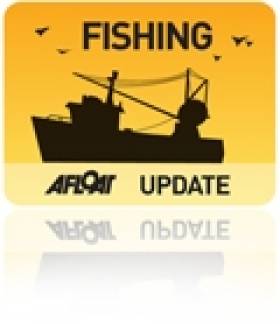Displaying items by tag: Higgins
Higgins Asks EU for Progress on Shark Finning Laws
"Sharks are captured and their fins cut off before the remaining carcasses are thrown back into the sea. The practice was made illegal in the EU in 2003, but under the present regulations, Member States are able to issue special permits to exempt fishing vessels from the ban," the North West MEP explained.
Under the exemption, the weight of fins kept from the catch must not exceed 5% of the live weight of the shark catch. However, reports have found the fins of some shark species did not typically represent 5% of the live weight of a shark, creating a loophole that meant finning could take place unnoticed.
"Anti-finning campaigners want to see the adoption of a requirement that sharks be landed with their fins naturally attached to their bodies. It is an issue that needs to be addressed urgently and I would ask the Commission to update MEPs on their progress towards new legislation in this area which will completely outlaw shark finning," Mr Higgins added.
Globally, sharks are captured for their meat, fins, liver and oil. However, it is the fins that command high prices, fetching up to 300 euros/kg in Hong Kong.
























































